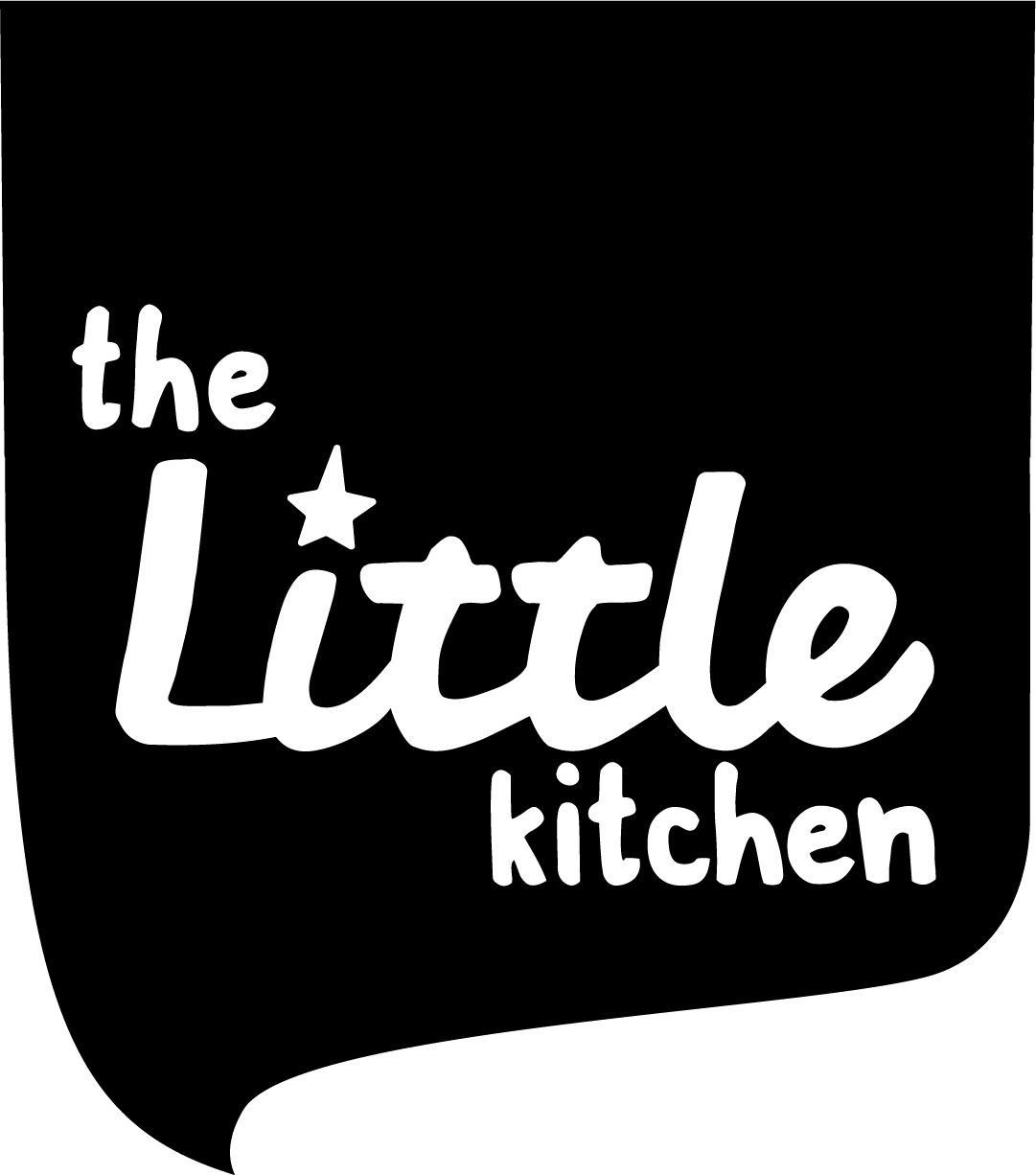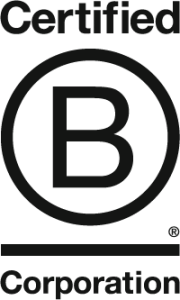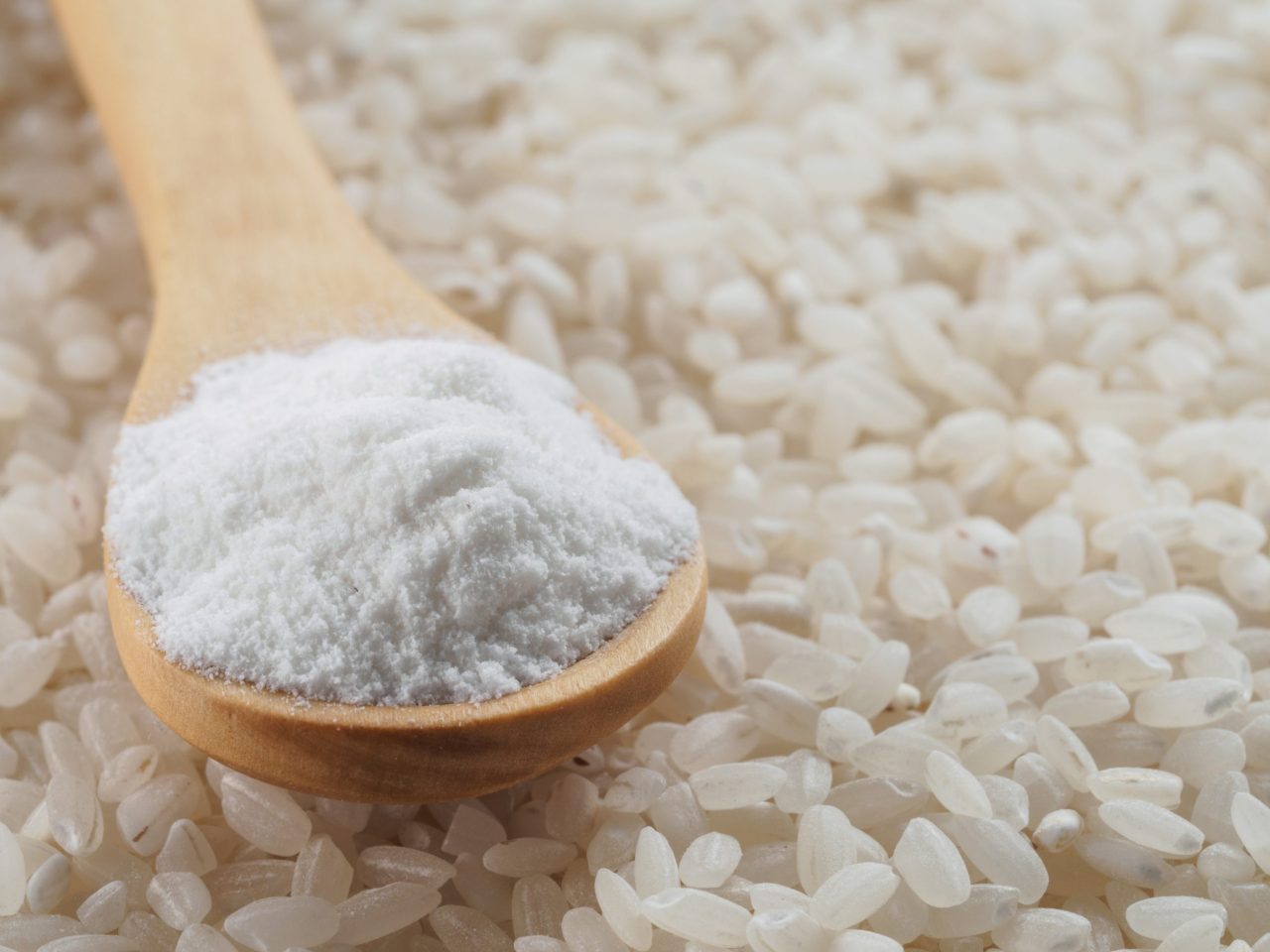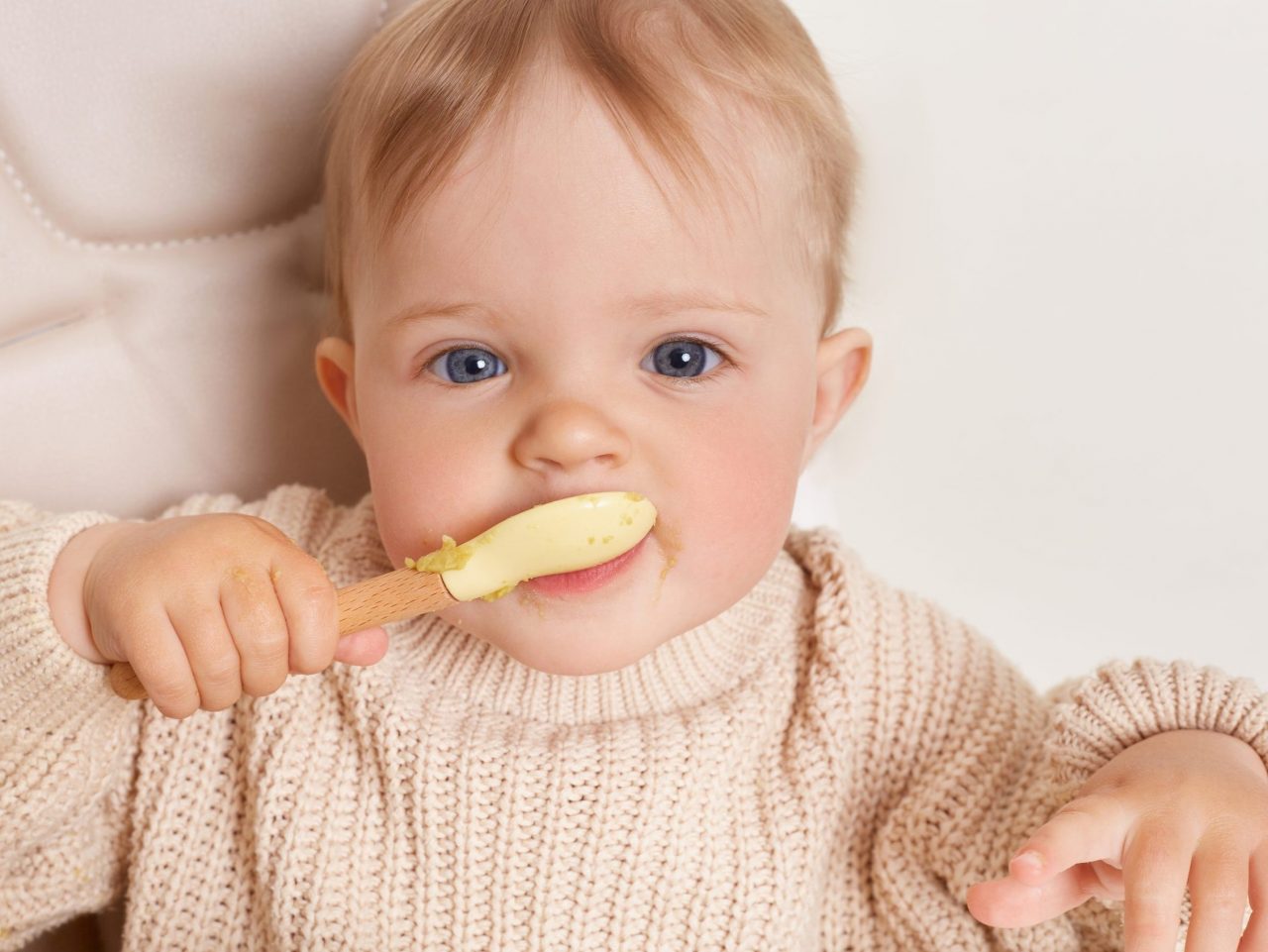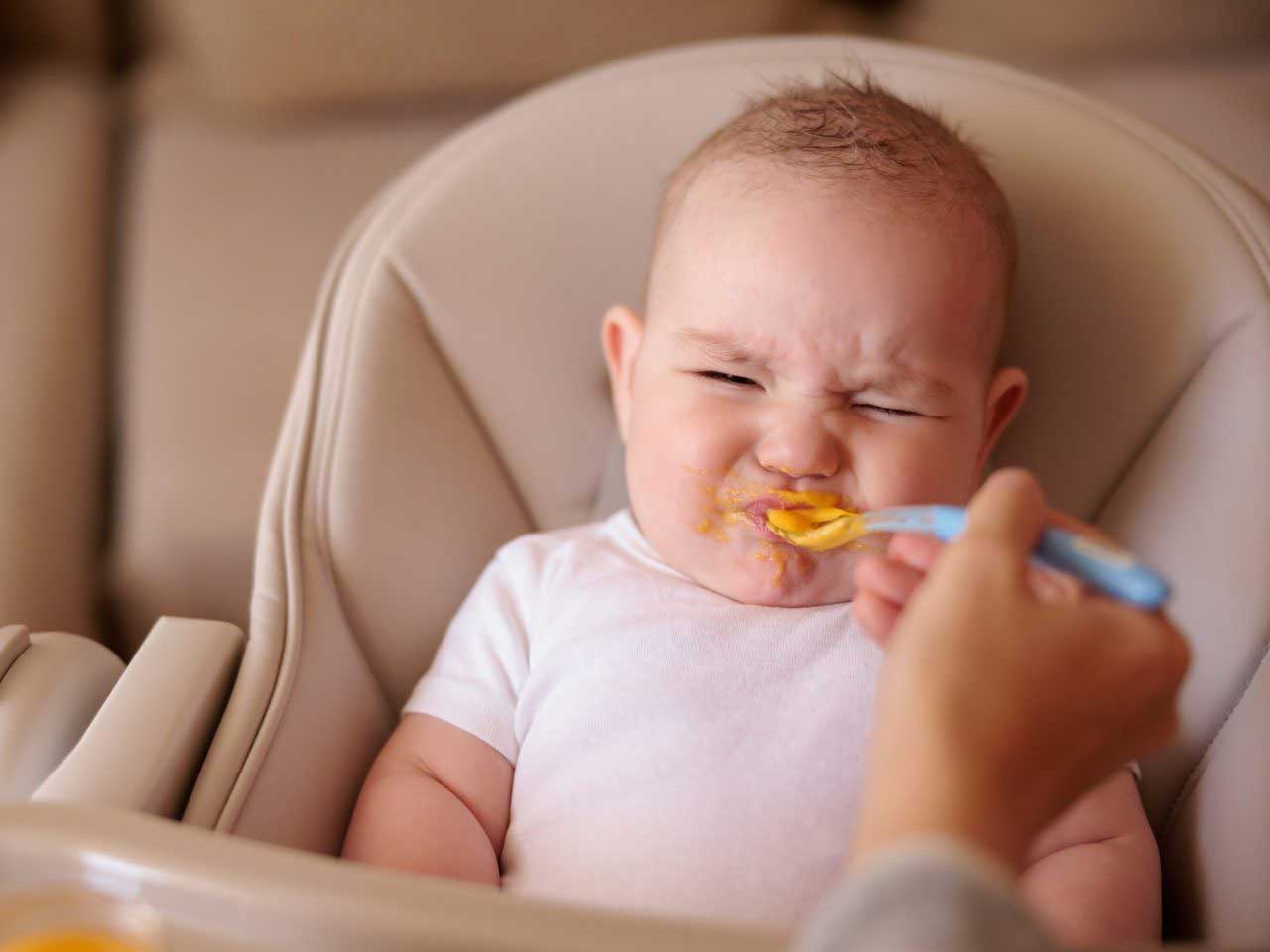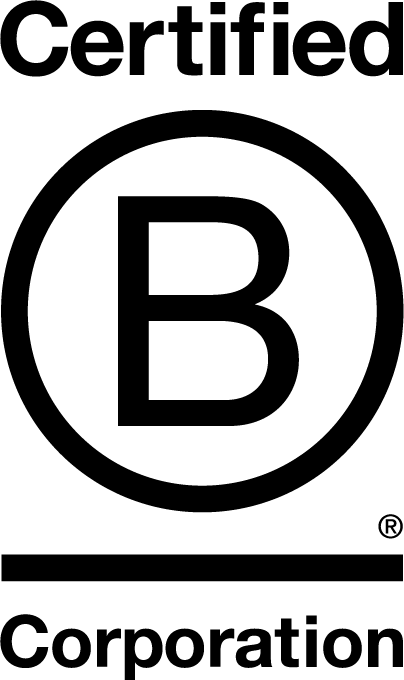You may have seen it; the Dutch Nutrition Centre advises against giving babies too many rice products. This is because of the possible high arsenic content in these products. Given their low body weight, a certain amount of arsenic affects babies more or faster than adults.
What is arsenic?
Arsenic is a heavy metal and thus a contaminant. Contaminant means that it’s a pollutant that you would rather not encounter in your food. The category of heavy metals also includes cadmium, mercury, lead and tin. You do not want to ingest all these substances in large quantities. Yet, it’s difficult to prevent them entirely. Many foods contain small amounts of heavy metals.
Heavy metals are not broken down or digested like many other substances, such as carbohydrates and proteins. They can be found, for example, in the soil of a garden farm. Plants absorb these particles together with the groundwater, and we then eat these plants. This is how the heavy metals enter our bodies.
Heavy metals
In our bodies, heavy metals affect the absorption of beneficial substances such as minerals. As a result, mineral deficiencies can occur which, in the long run, can cause chronic problems. In time, they can also cause cancer. This is bad news, which is why much research has been done on the subject.
All foodstuffs are strictly checked for heavy metals with the help of certified laboratories. A lot of attention is also paid to finding and maintaining agricultural land that is low in heavy metals. So you don’t have to worry about heavy metals in food products available in the supermarket.
“Products sold specifically for babies, including rice flour, meet extra stringent requirements for contaminants such as heavy metals.”
Arsenic in baby products
Rice is a type of grain that grows in a watery landscape and is even partly submerged. Have a look on the internet to see how it’s cultivated. Because the rice plants use so much water, the risk of large amounts of arsenic stored in the rice grain is greater.
Products sold specifically for babies, including rice flour, meet very strict requirements regarding contaminants such as heavy metals. After all, babies belong to the vulnerable target groups. You can therefore assume that all baby foods containing rice comply with legislation specific to baby foods and therefore don’t contain any harmful levels of arsenic.
Therefore, advice from the Dutch Nutrition Centre is especially useful if you’re feeding products that haven’t been developed specifically for babies. And it’s always a good idea to offer a varied diet and to vary the type of snacks.



